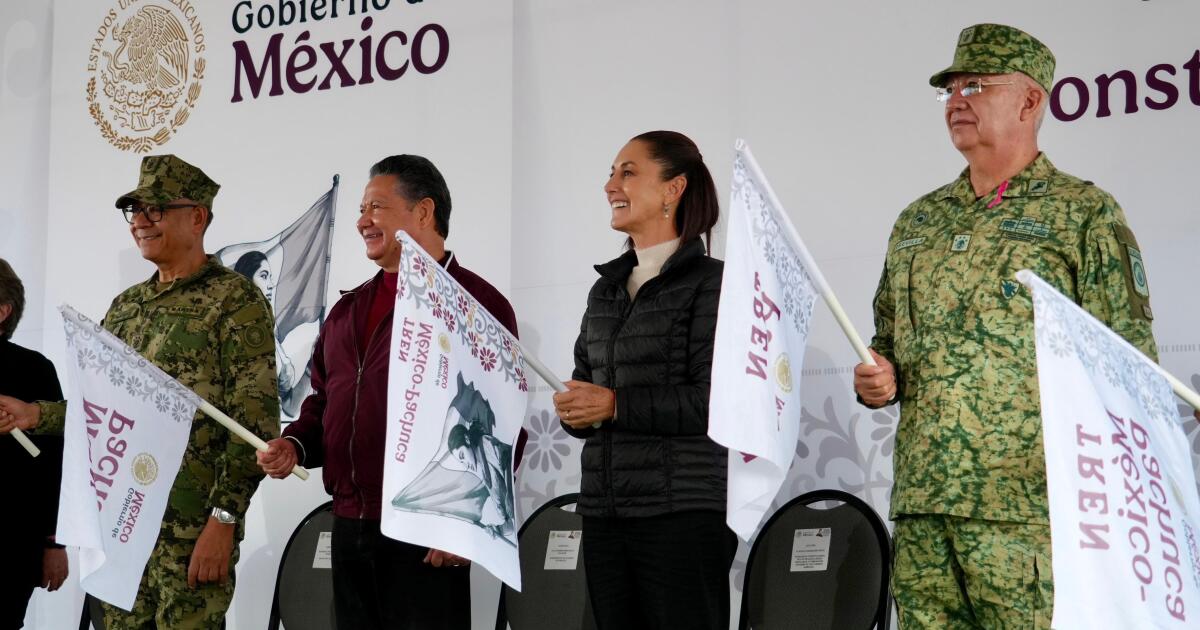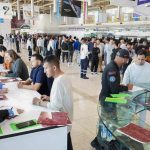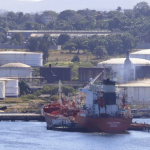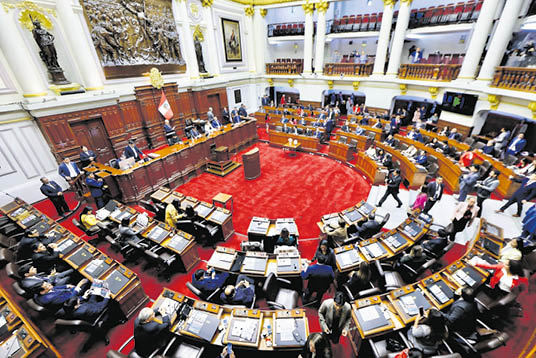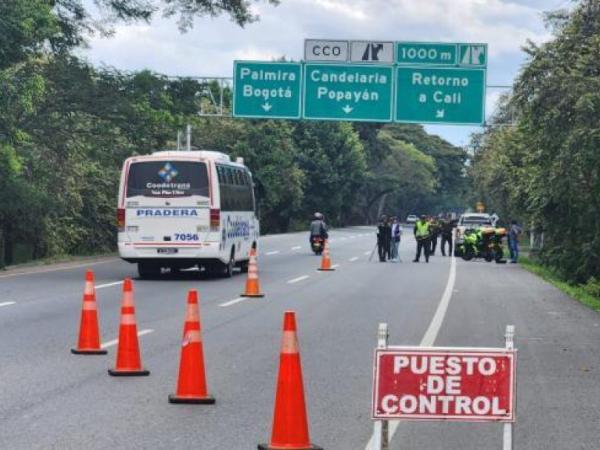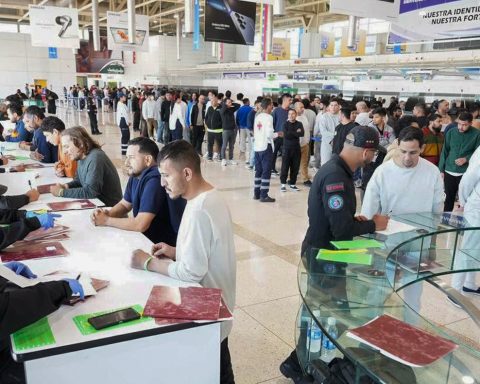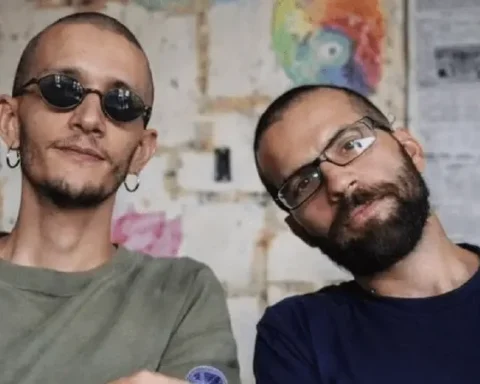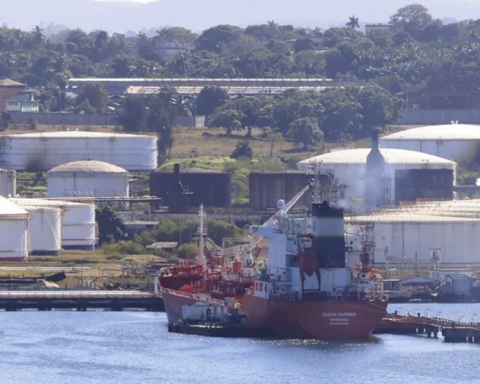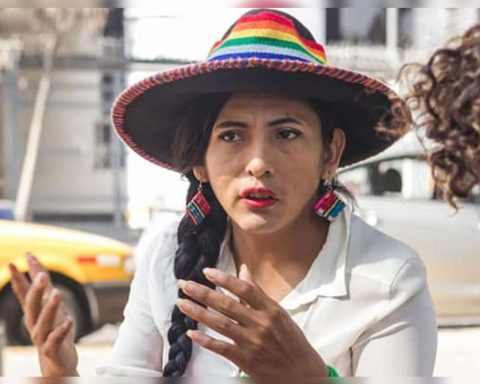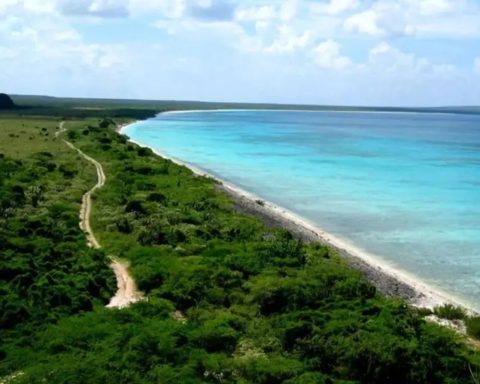At the event held in Hidalgo, an agreement was signed for the Ministry of Infrastructure to collaborate with the National Defense (Sedena) so that the military – as was done with Andrés Manuel López Obrador – could build this transportation.
“We signed an agreement where the Ministry of Communications and Transportation is going to collaborate with Sedena, because the military engineers are going to help us, because they are very good. They built trains, airports, welfare banks and hospitals,” said Claudia Sheinbaum.
The president mentioned that this train will be completely confined, so it will have a “lot of bridges and overpasses.”
“We are recovering infrastructure capacity, we are going to do more things in Hidalgo. We are going to build the Pachuca-Tampico highway, we are going to decontaminate the Tula River and other projects that we will discuss,” he declared.
Furthermore, he emphasized that the money for all these works will not come through tax increases or debts, as he said that by eradicating corruption and privileges there are “sufficient resources for national development.”
In her first tour as president of Mexico, she once again defended the reform that sends the National Guard to the Sedena, as she emphasized that this does not mean militarizing the country as the opposition mentions.
“What we want is for it to be an institution that is not dependent on any president, but is really an institution like the Army that has its own rules,” he added.
He also defended the reform of the Judiciary and, like Andrés Manuel López Obrador, put this constitutional modification up for consultation: he asked those present to raise their hands who agree that judicial authorities be elected by direct vote.
“We are going to take a vote to see if we all agree. Who agrees that ministers be chosen by the Senate of the Republic? And who agrees that the people of Mexico should elect them? As we said, with the people everything, without the people nothing,” he said to applause.
Meanwhile, the Secretary of Infrastructure, Communications and Transportation, Jesús Esteva Medina, explained that the Train will benefit more than 100,000 people daily. In addition, he said that the AIFA Train to Pachuca will have 64 kilometers, of which 14 are of elevated structure and will generate close to 125,000 jobs.
He mentioned that the distance from Mexico City to Pachuca is 106 kilometers, but the reduction in time to travel them will be 25%, which is equivalent to 40 minutes.
Likewise, he added that the trains will be electric and have a capacity of more than 718 passengers. He announced that he will deliver the work in the first quarter of 2027.
